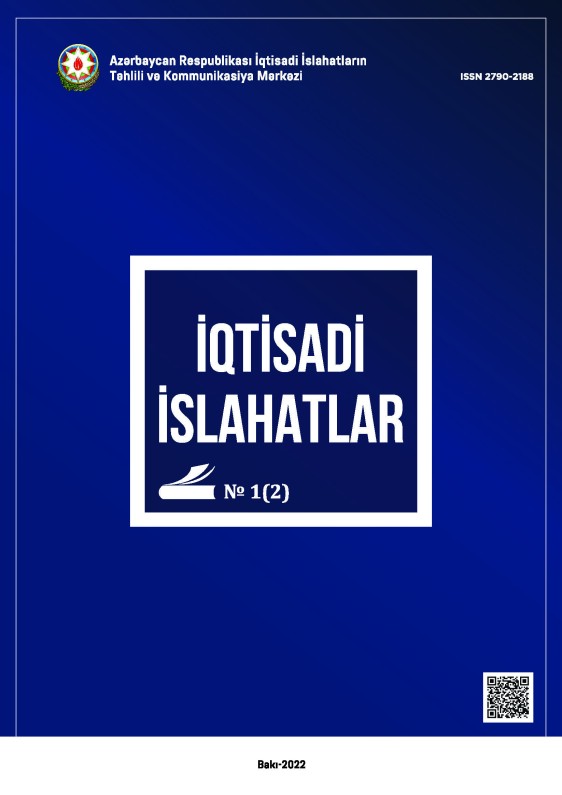Trade liberalization policies and the response of the Equilibrium Real Exchange Rate
Summary
Theoretically, the real exchange rate should depreciate after a permanent trade liberalization. However. it could appreciate temporarily with a transitory liberalization and there is a little empirical evidence suggesting it exists. Existing studies on trade liberalization and its impact on real exchange rate movement use either indirect tests or openness measures which could be unreliable. This study based on individually documented trade liberalization in more than 40 countries. The main finding of the study shows that real exchange rates get depreciated after countries pursue open trade policies i.e. open their economy to trade. However, in countries with even multiple liberalization episodes, real exchange rates do not depreciate at the start of trade liberalization in early period which suggests that both partial or transitory trade liberalizations determine adjustments to the equilibrium exchange rate. In Azerbaijan trade liberalization policies directly impact non-oil sector exports, especially agriculture goods.
